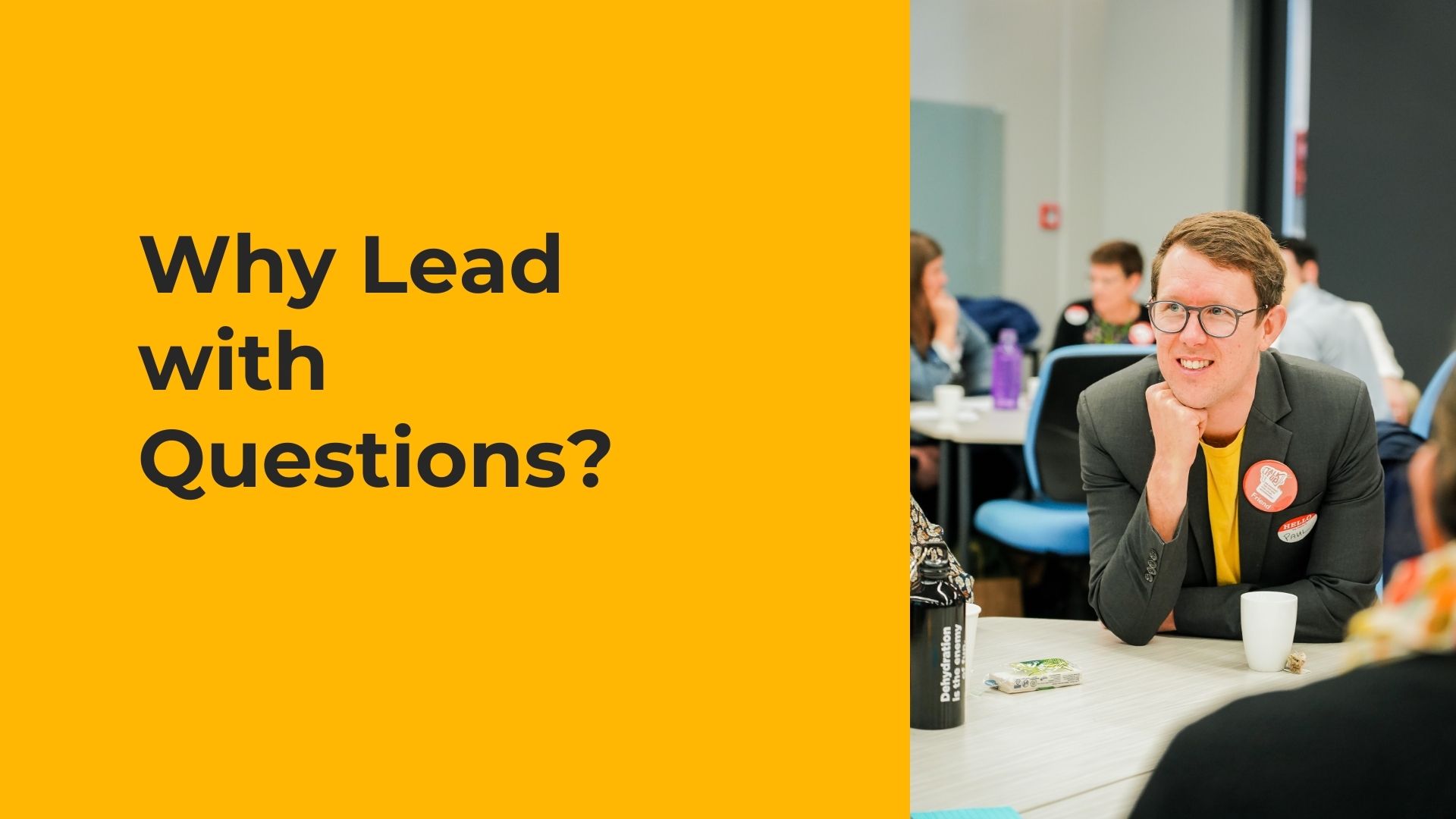
Lead with less stress, and more impact
Find out why 1,000+ leaders look forward to my Thursday morning newsletter
Thank you for subscribing! Your welcome email should be in your inbox before you know it.
Read the latest
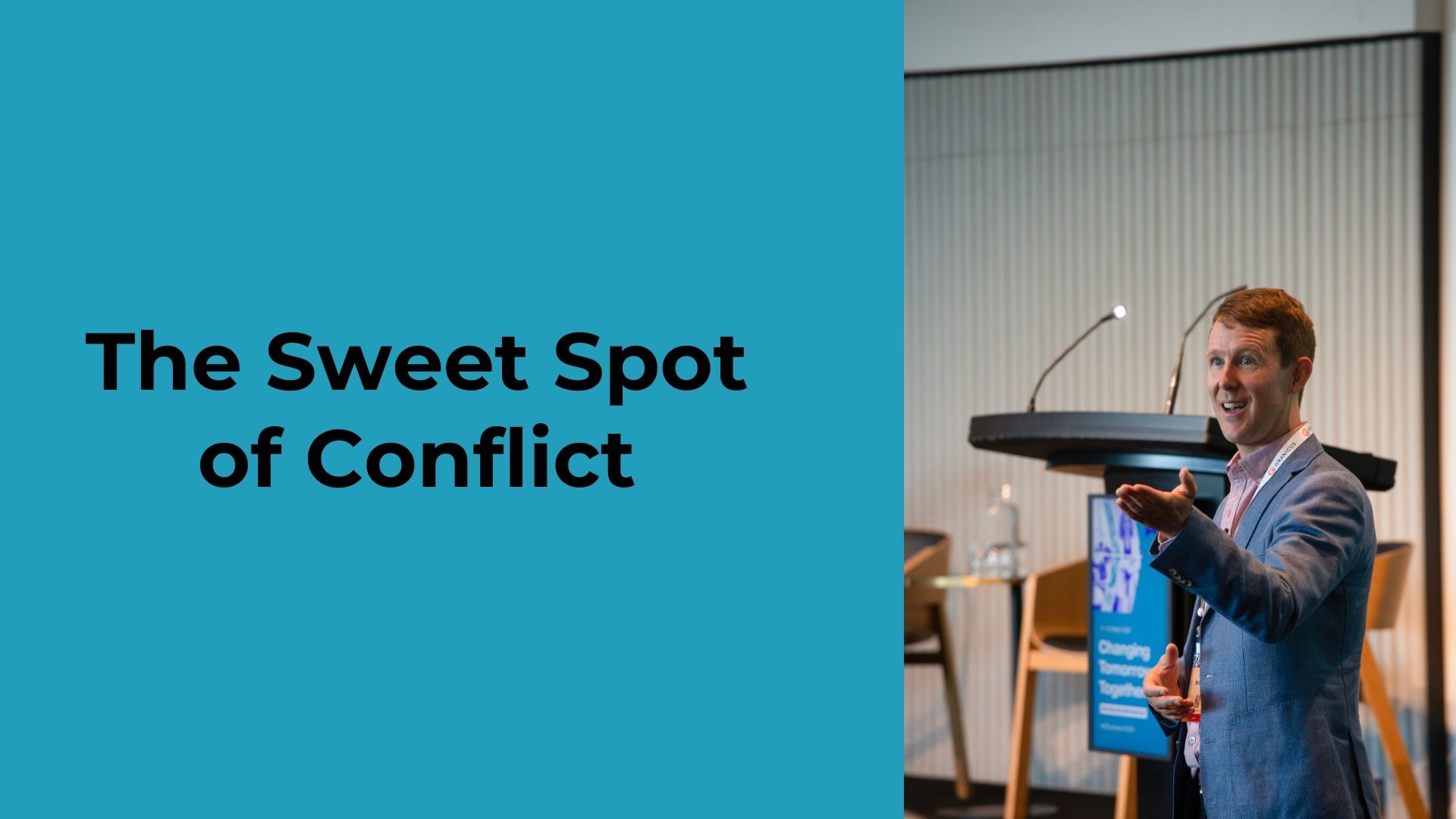
The sweet spot of conflict
Too little conflict and we're avoiding the real issues. Too much conflict and people go into attack and defence mode. There's a sweet spot in the middle. But how do you create that sweet spot?
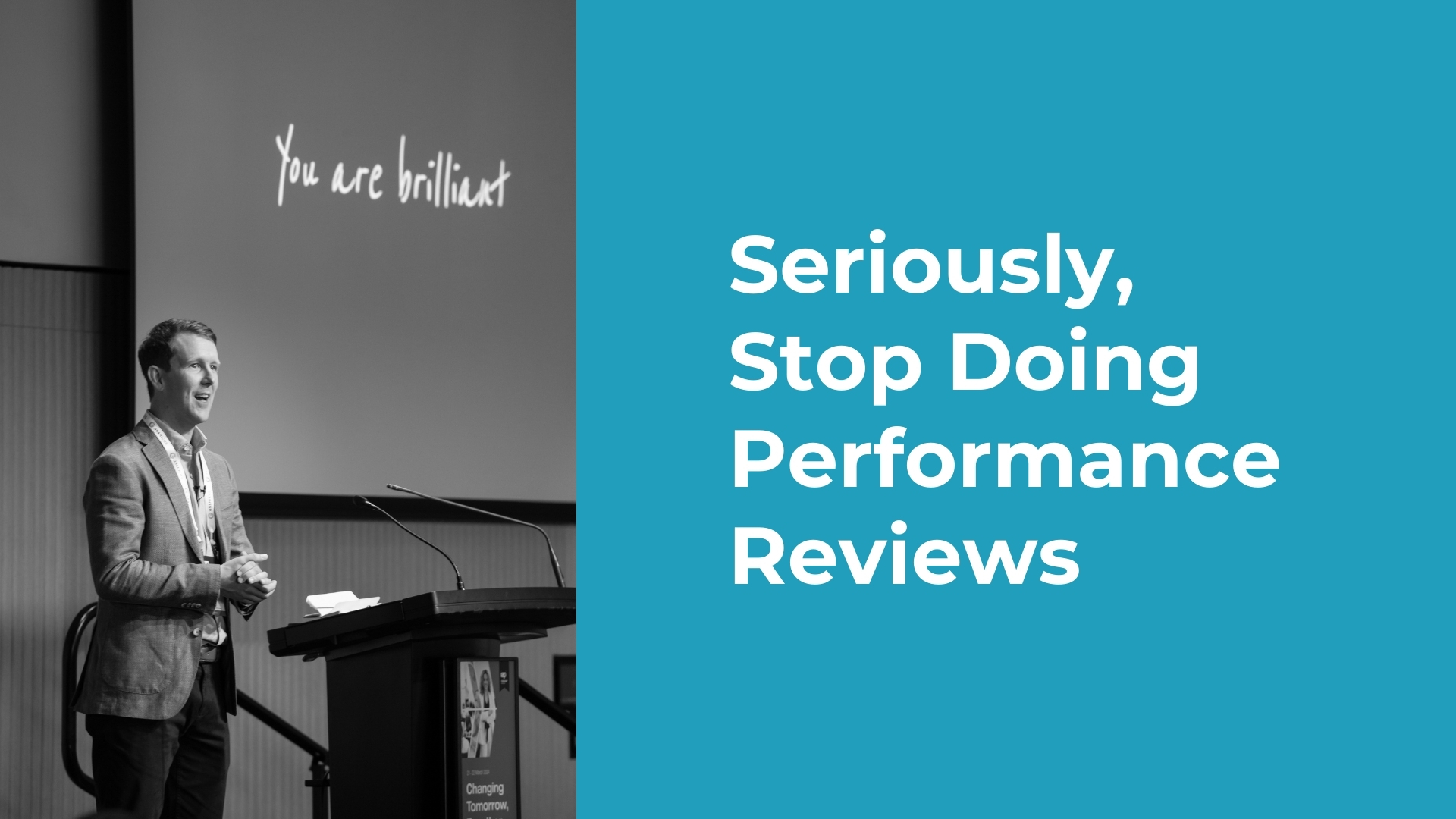
🫠 Seriously, stop doing performance reviews
Study after study has confirmed that performance reviews do not improve performance. So why do we keep doing them? And what can we do instead?
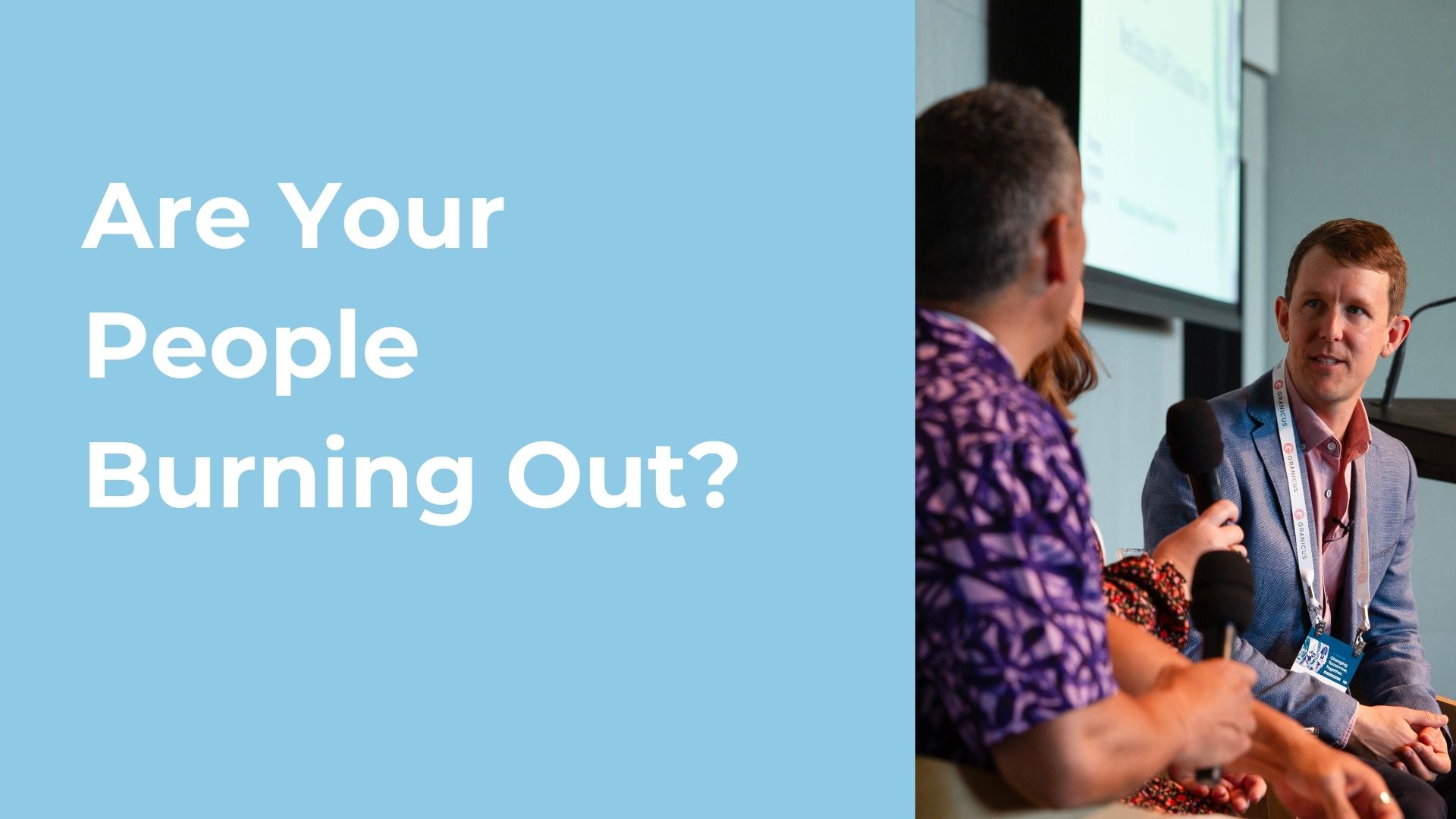
😔 Are your people burning out?
Recent research on burnout rates left me gobsmacked. And concerned. One in two people is at a high-risk of burning out. As a leader, what can you do?
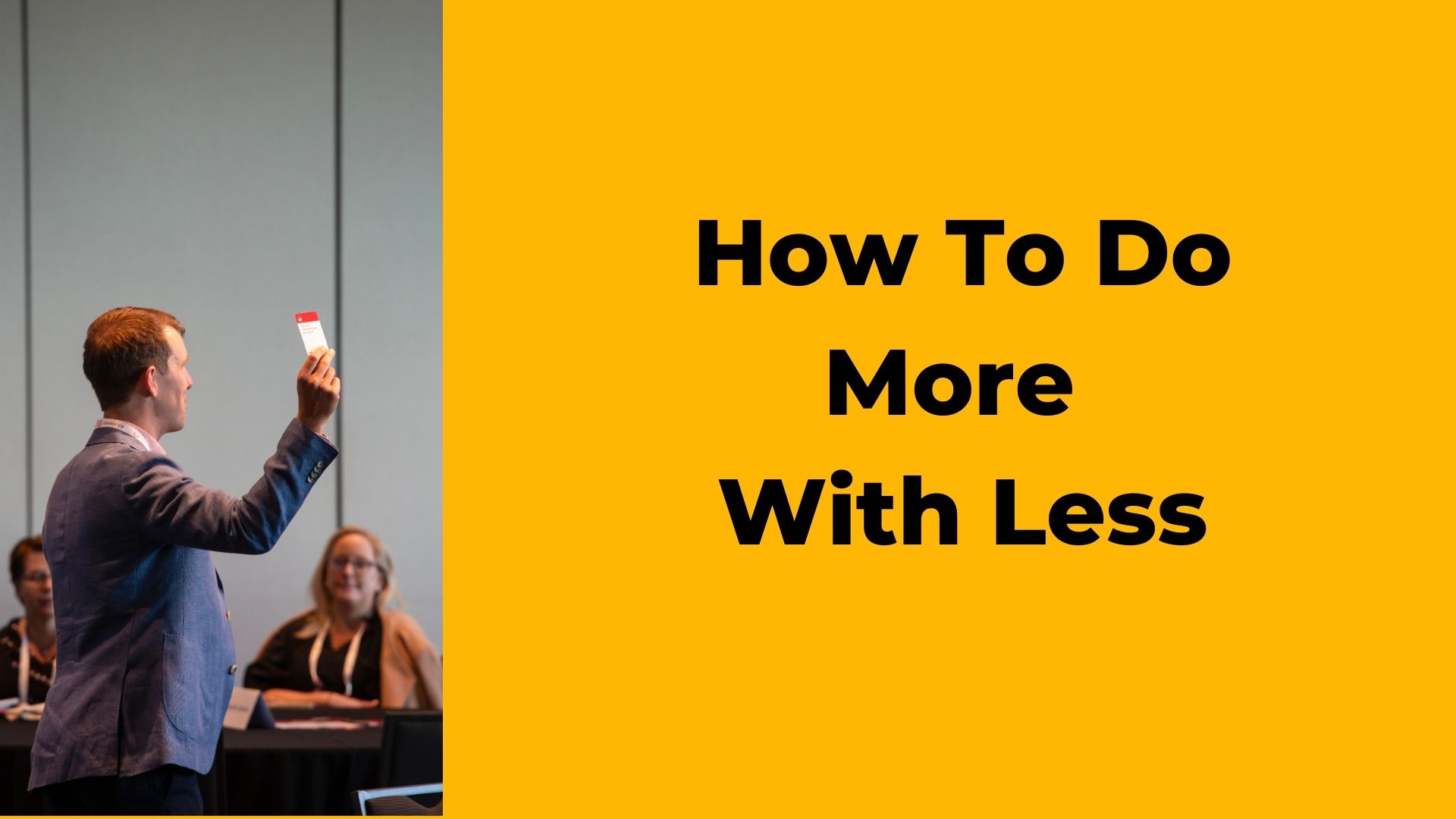
How to do more with less
We're all being called to do more with less. But this often means something has to give. Often that "something" ends up being our health and wellbeing. Is there an alternative?
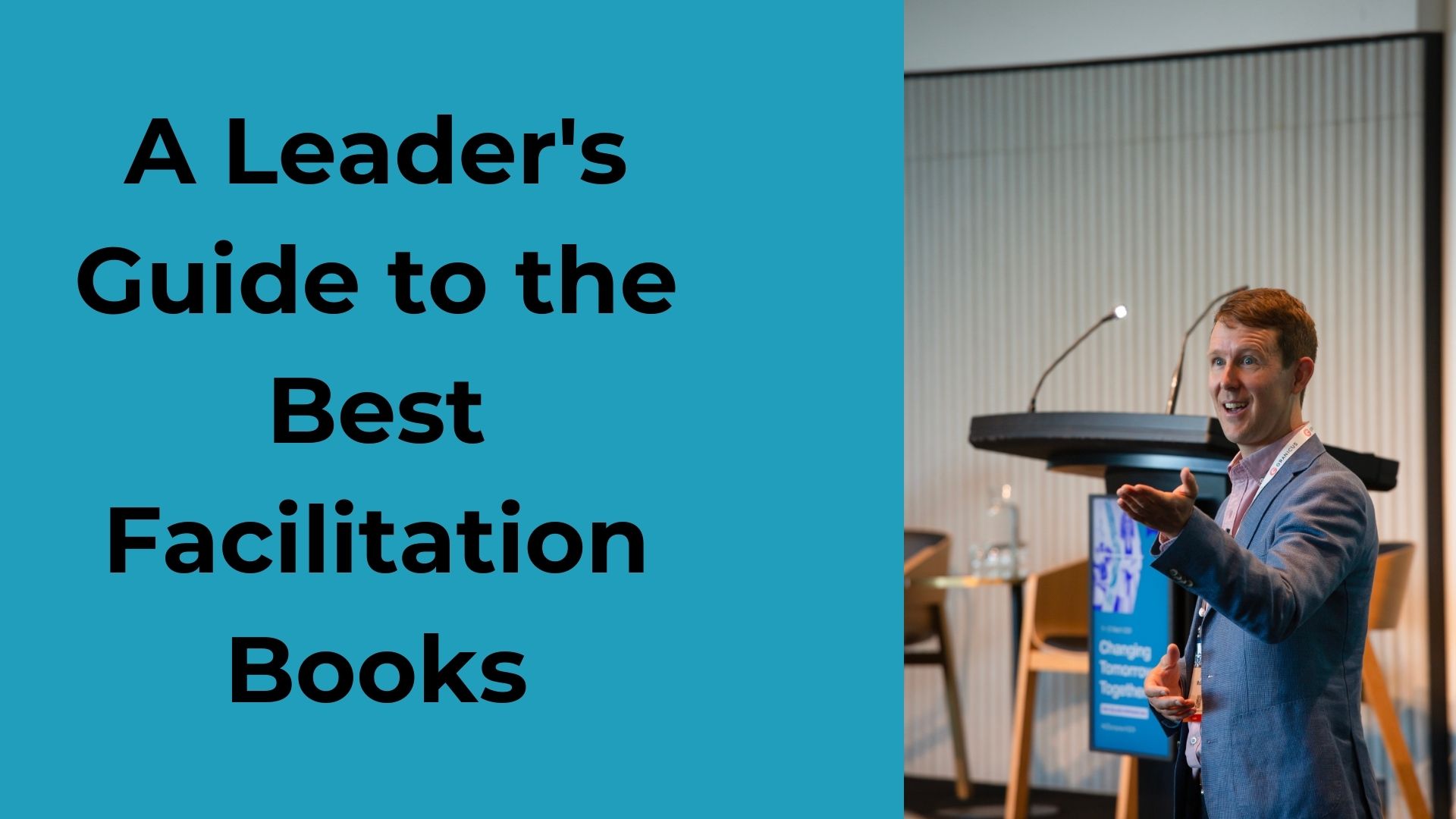
A Leader's Guide to the Best Facilitation Books
"Paul, can you recommend me a book on facilitation?" Nope, but I can recommend you 12 - depending on who you are and what's your interest.
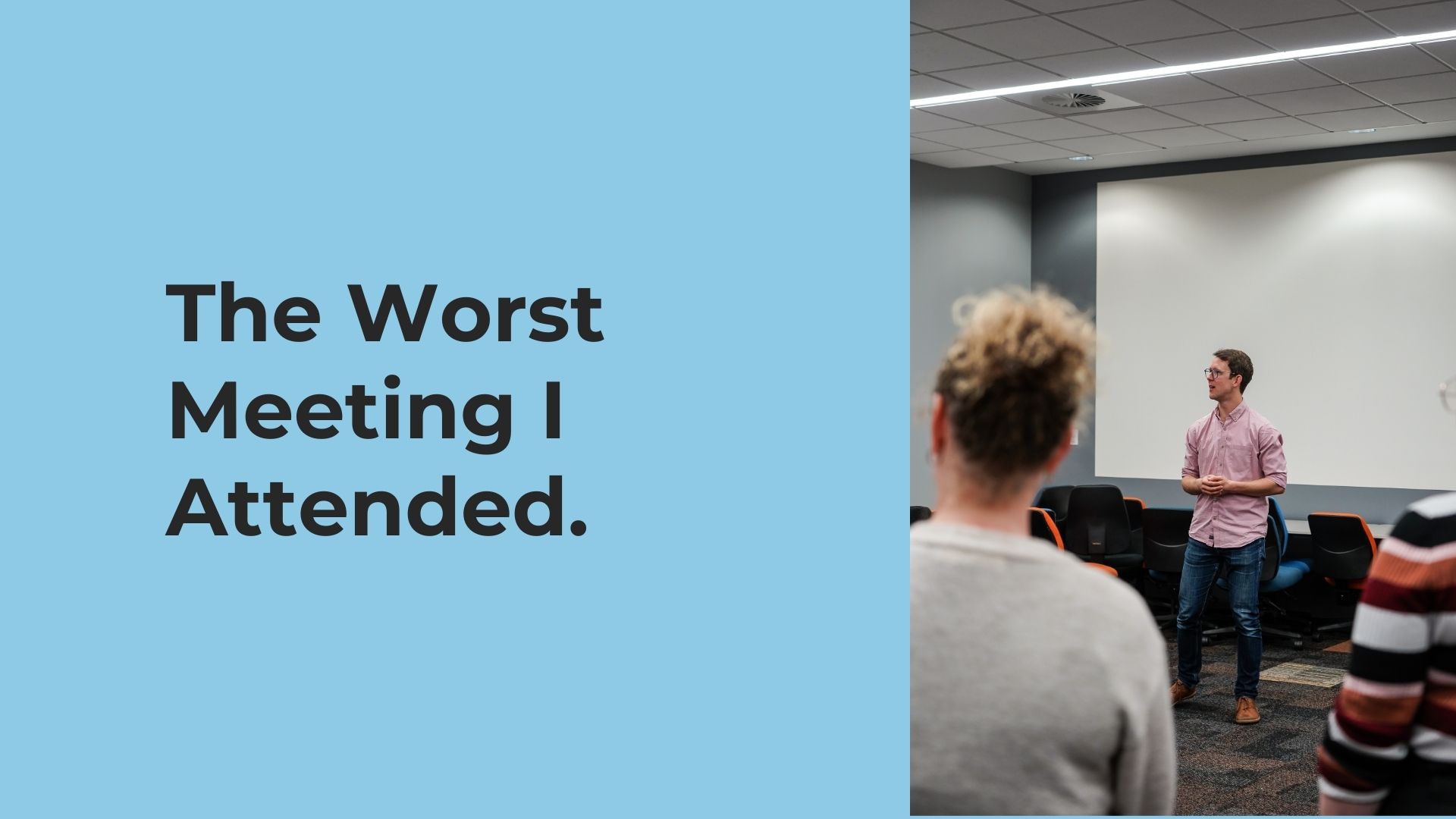
The Worst Meeting I Attended (and a free offer)
80% of us say we spend too much time in meetings. But why?
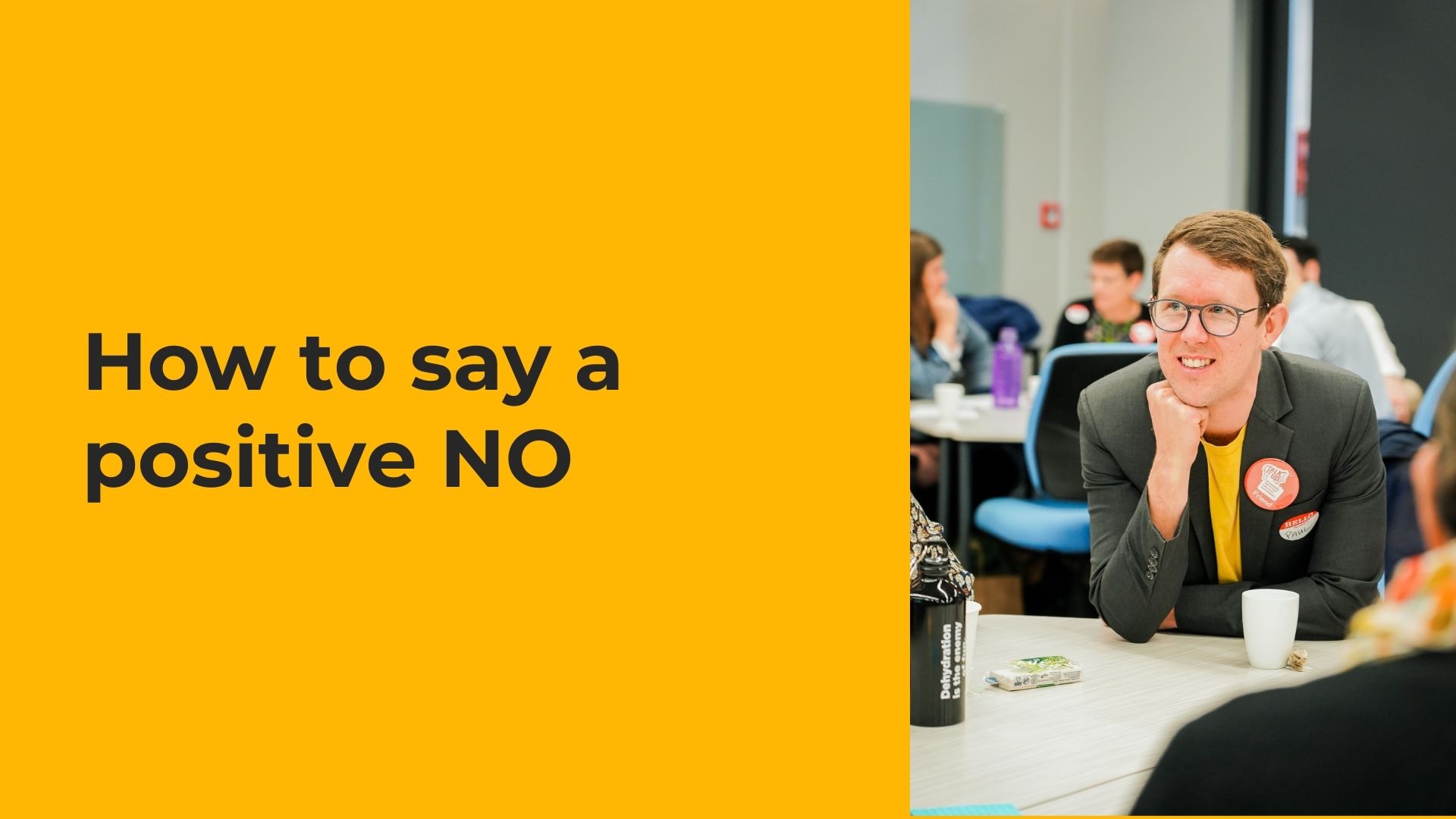
How to say a positive NO
Saying "no" is a critical skill. But we're genetically programmed to be averse to saying "no". If you find it hard to say "no" then you're in the right place my friend.
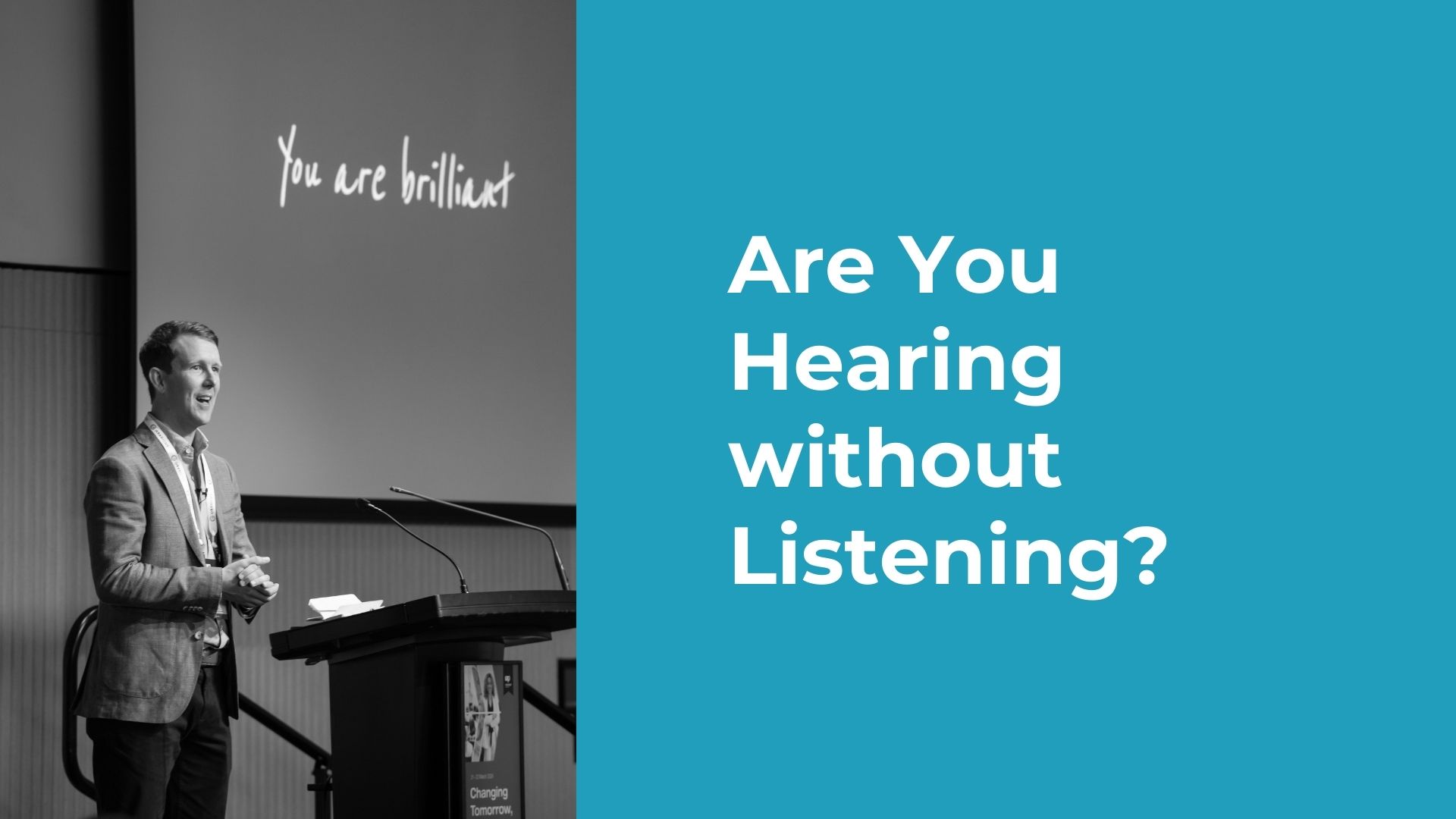
Are you hearing without listening?
Today, the volume of information and the speed of change demand a different approach. Rather than shouting louder, effective leaders embrace silence—a moment to pause, invite participation, and truly hear what others have to say.
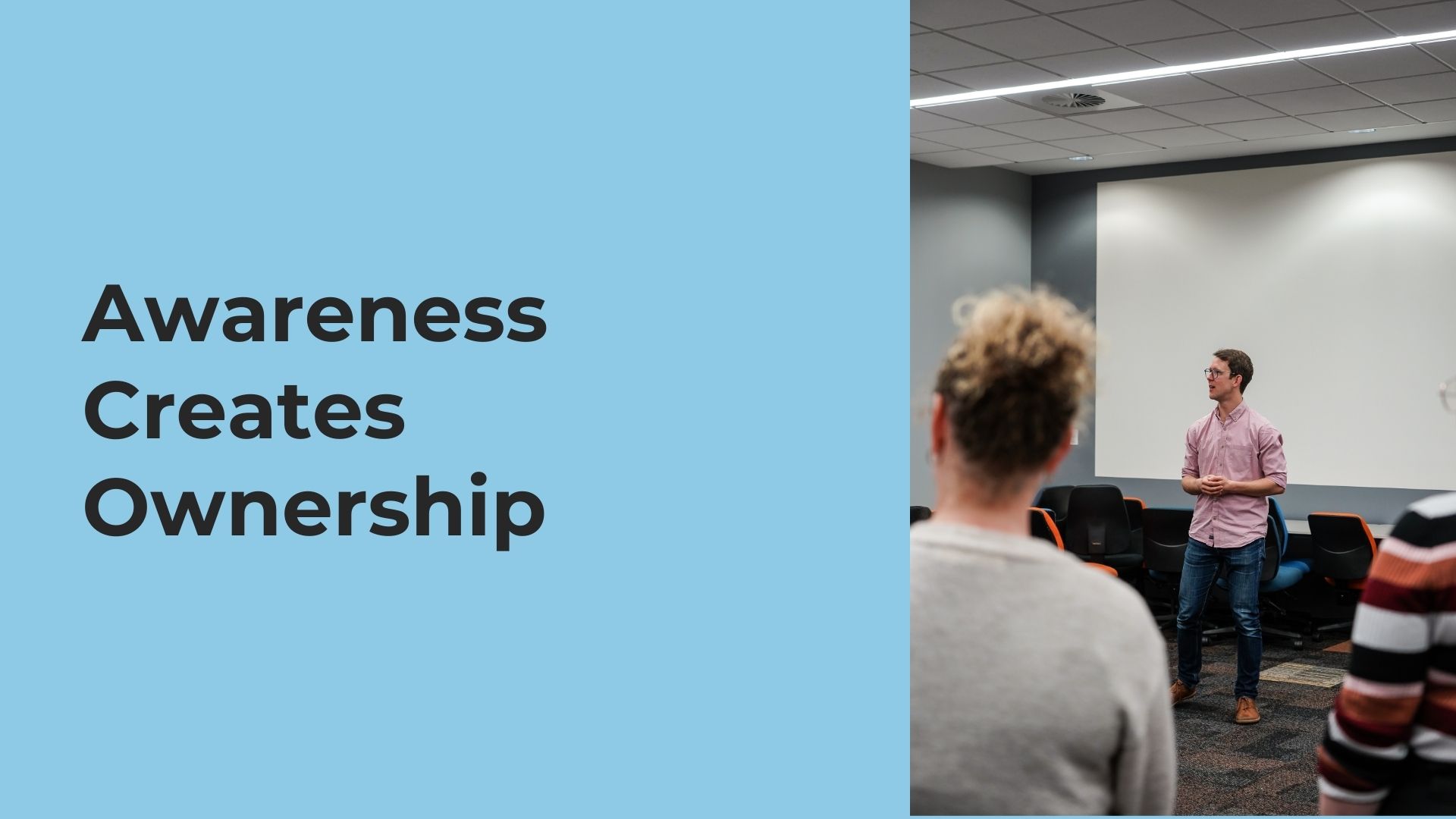
Awareness Creates Ownership
It's infuriating when people don't take ownership and don't take action. You may find yourself wondering: "What's the point?" Or even questioning "What am I doing wrong?" But what if people can't see what you see? And what could become possible if they could? After all, nothing breeds progress like progress.
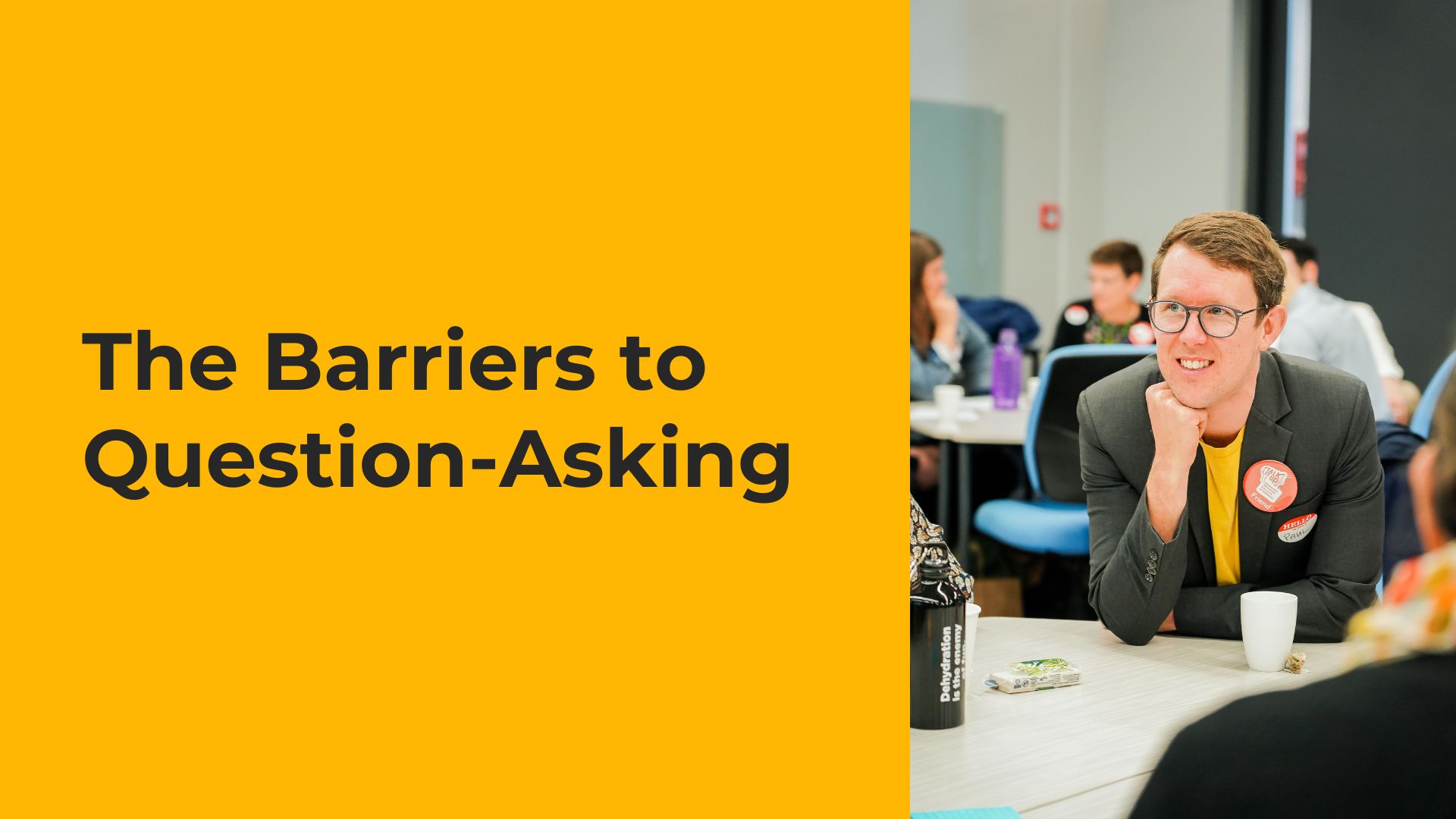
The Barriers to Question-Asking
Questions unlock possibilities. But many of us hold ourselves back from asking questions. What's going on here? And why does it matter?
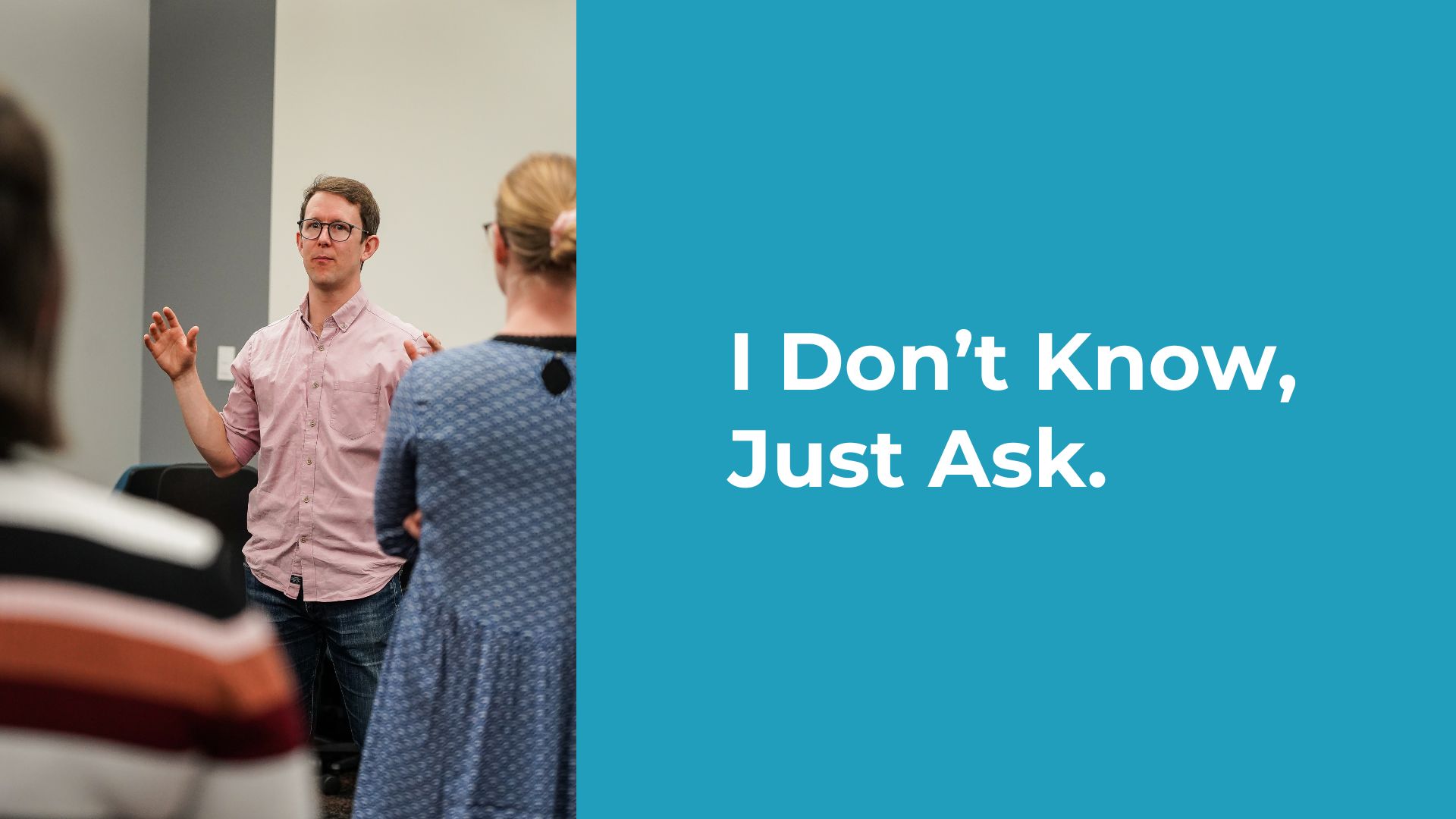
I don't know, just ask.
Children ask 40,000 questions between the ages of 2 and 5. But then we stop. Why? And what does it matter?
